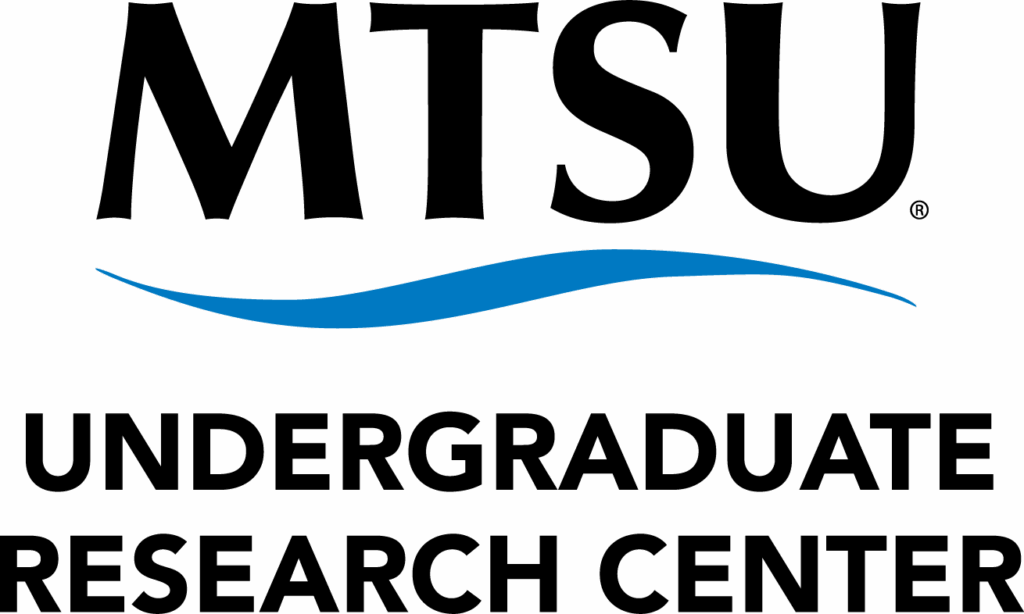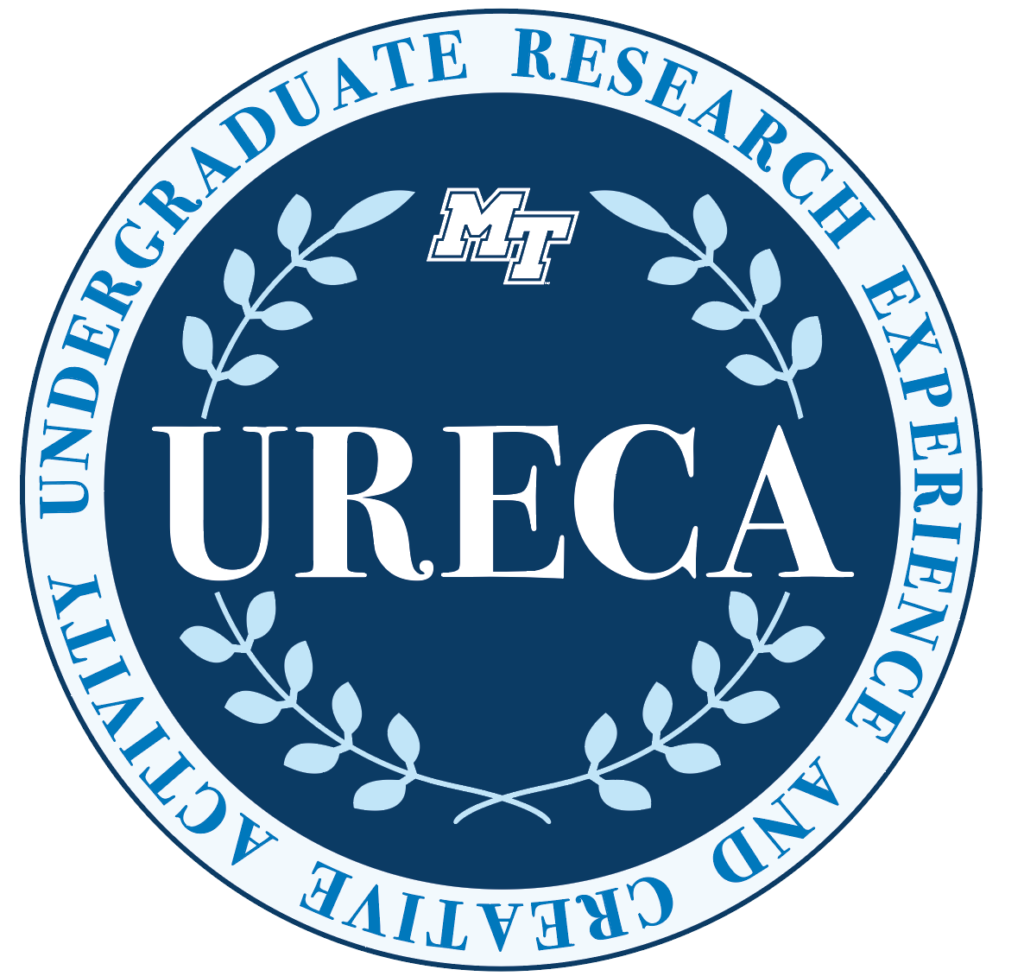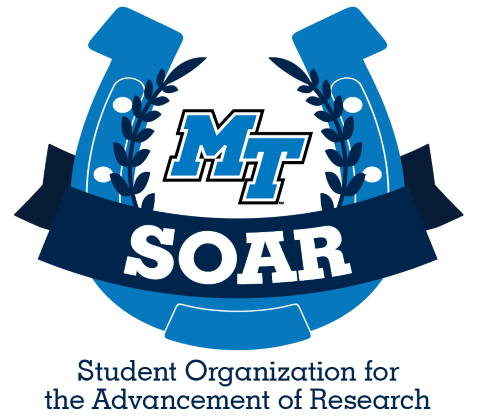Undergraduate Research Center
About URECA
Undergraduate research allows you to satisfy your curiosity by investigating a subject that fascinates you, collaborating with a mentor, and sharing your discoveries with others. Research opportunities are available across all disciplines, including the humanities and the arts, referred to as “creative activity”.
Undergraduate Research Experience and Creative Activity (URECA) funding provide students an opportunity to work on a research or creative project and get paid for their time and commitment, while gaining valuable experience and transferable skills desired by employers and graduate schools. Awards range from $500 for beginners to $3,000 for experienced researchers.
Why should I do research?
- Deepen Understanding: Research allows you to delve deeply into a subject, enhancing your knowledge and understanding beyond what is covered in coursework.
- Skill Development: Develop critical thinking, problem-solving, and analytical skills, which are valuable in any career!
- Hands-On Experience: Engaging in research provides practical, hands-on experience that can be beneficial for future academic or professional pursuits.
- Mentorship: Working with a faculty mentor offers personalized guidance and support, fostering professional growth and providing valuable networking opportunities.
- Resume Building: Research experience is a significant addition to a resume or CV, making you more competitive for graduate school or job applications.
- Contribution to Knowledge: You have the chance to contribute to your field by discovering new information or developing new ideas!
- Communication Skills: Presenting research findings helps improve your written and oral communication skills, essential for any profession.
- Personal Growth & Community: The process of conducting research can boost confidence, independence, and establish a sense of belonging within your research community.
What MTSU Students say about their URECA experience
“I started when I was a Sophomore, and I wish I had started even sooner. Research gives you an intrinsic desire to explore a topic you find fascinating rather than taking whatever shortcuts necessary to get a specific letter grade in a standardized class. I cannot stress this enough. Education needs a paradigm shift, and this is where it needs to go. Curiosity and wonder need to be the drivers.”
“I would absolutely recommend URECA. Even if you are not going into a career in STEM, there is research in every field and it helps you learn in a way you could not otherwise. Being around an expert in their field gives you perspective as you explore career options yourself. It is an excellent use of time, includes a stipend and looks great on a resume!”
“Research experience defines a mediocre college experience from an excellent one. It gives opportunities for training above and beyond what is expected from a bachelors degree and makes the student more competitive for graduate and professional school. It also helps the student engage early with faculty that can mentor them in areas of life and school outside of the lab.”
“Working on a URECA project has prepared me to handle theoretical classes by allowing me to work on theoretical Machine Learning algorithms. Aside from the actual project, working closely with a mentor has prepared me to better work with leaders in my field. My experience in URECA has prepared me to handle theoretical classes, work with mentors, and, ultimately, my future in the research field.”
Committee
The URECA committee is composed of accomplished and passionate faculty representatives from a variety of academic colleges at MTSU. The committee meets three times each academic year to evaluate proposals and award funding based on merit. Other responsibilities include fine-tuning the application process and refining procedures for proposal evaluation and grant awards.
2025-2026 Committee Members
| Name | Department | College | |
|---|---|---|---|
| Tricia Farwell, Chair | Journalism | College of Media and Communications | Tricia.Farwell@mtsu.edu |
| Tiffany Rogers | Psychology | Behavioral and Health Sciences | Tiffany.Rogers@mtsu.edu |
| Sean Foley | History | Liberal Arts | Sean.Foley@mtsu.edu |
| Justin Miller | Chemistry | Basic and Applied Sciences | Justin.Miller@mtsu.edu |
| Bridget Donnelly | English | College of Liberal Arts | Bridget.Donnelly@mtsu.edu |
| Kim Evert | Educational Leadership | Education | Kimberly.Evert@mtsu.edu |
| Kathryn Blankenship | Health and Human Performance | Behavioral and Health Sciences | Kathryn.Blankenship@mtsu.edu |
| Jaishree Ranganathan | Computer Science | Basic and Applied Sciences | Jaishree.Ranganathan@mtsu.edu |
| Gauhar Sabih | Concrete and Construction Management | Basic and Applied Sciences | Gauhar.Sabih@mtsu.edu |


Spring URECA DeadlineThursday, January 22nd at 4:30 pm

Contact us
Jamie Burriss, Ph.D., Director
(615) 494-7669
Jamie.Burriss@mtsu.edu
Casey Penston, Coordinator
(615) 494-7614
Casey.Penston@mtsu.edu